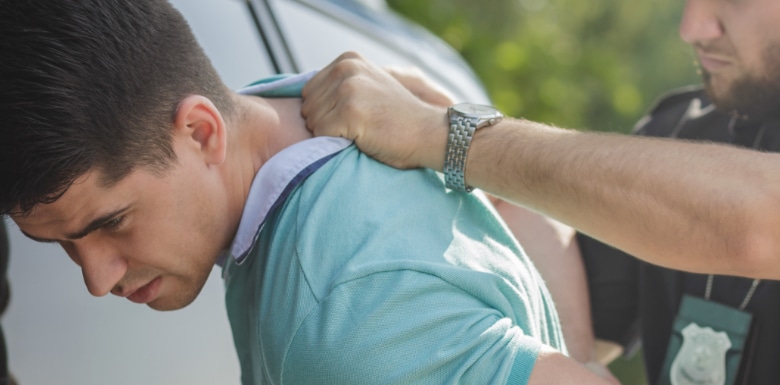
We would like to think that no child will ever run afoul of the legal system. Unfortunately, this is simply not the case. Every day, juveniles are tried in courts across the country. In most cases, a minor facing legal charges will be tried in juvenile court. There are some situations, however, in which a minor can be charged as an adult in the state of Ohio. As a Cincinnati juvenile lawyer can explain, children can commit offenses severe enough to warrant an adult trial.
If you child is facing a legal charge, talking to a lawyer can greatly reduce the stress you feel. The attorneys at Luftman, Heck & Associates have the experience to ensure that your minor is adequately prepared and represented. For a child, the legal system can seem incomprehensible and scary. Our knowledge can provide more security as you move through the process. Call (513) 338-1890, or reach out using our online contact form to see how we can help you today.
Ohio Courts Have the Option to Transfer Certain Juvenile Cases to Adult Courts
Section 2151 of the Ohio Revised Code governs the transfer of a minor’s case to adult courts. According to the law, juvenile courts have the discretion to try a minor as an adult if the right criteria are fulfilled. For this to be the case, the child must have been at least 14 years old when they committed the offense in question. There must also be probably cause to believe that the minor did actually commit the offense. If both of these are true, and there is reason to believe that:
- The minor will not respond to treatment or rehabilitation in any facility for delinquent children; and
- The minor needs to be placed under legal restrain for the safety or well-being of the community,
Then the minor’s case can be transferred to an adult court.
Discretionary Transfers to Adult Court Require a Mental Evaluation of the Minor
To determine if the criteria for a discretionary transfer are satisfied, the courts will conduct an investigation. As part of this investigation, they will examine the mental state of the accused minor. They will also look at additional factors prescribed by the ORC, including:
- Physical or psychological harm the victim suffered as a result of the offense;
- The age and mental state of the victim;
- The accused minor’s relationship with the victim;
- The physical and emotional maturity of the accused minor;
- Whether the accused minor was provoked or manipulated into committing the act; and
- Previous delinquent acts committed by the accused minor.
After the investigation, there is typically a hearing. If at this hearing it is determined that the evidence cumulatively shows it is proper, the minor’s case will be transferred to an adult court.
Offenses That Will Automatically Result in a Minor Being Tried as an Adult
In addition to discretionary transfers, the ORC also lists offenses, which are always tried in adult court. Below are the offenses that preclude a minor from being tried as a juvenile:
Murder/Robbery
Any child 14 years of age or older, who has ben accused of murder, aggravated murder, voluntary manslaughter, kidnapping, aggravated arson robbery or burglary, rape, or the former crime of felonious sexual penetration will be tried as an adult.
Assault
A minor over 16 years of age who commits rape, aggravated assault, aggravated burglary, aggravated arson, or aggravated robbery with:
- A firearm; or
- A previous stint in youth custody for any of the previously mentioned offenses;
That minor will be tried as an adult.
Discuss Your Minor’s Case With an Attorney Today
If you know a juvenile who is facing legal charges, the first thing you should do is contact a juvenile attorney. Luftman, Heck & Associates is one of your best available resources as you navigate the juvenile court system. The results of a minor’s court case can have implication affecting the rest of their lives. You’ll want an outcome that important to be controlled by someone knowledgeable; fill out our online contact form, or call (513) 338-1890 to speak with an Ohio juvenile lawyer today.

